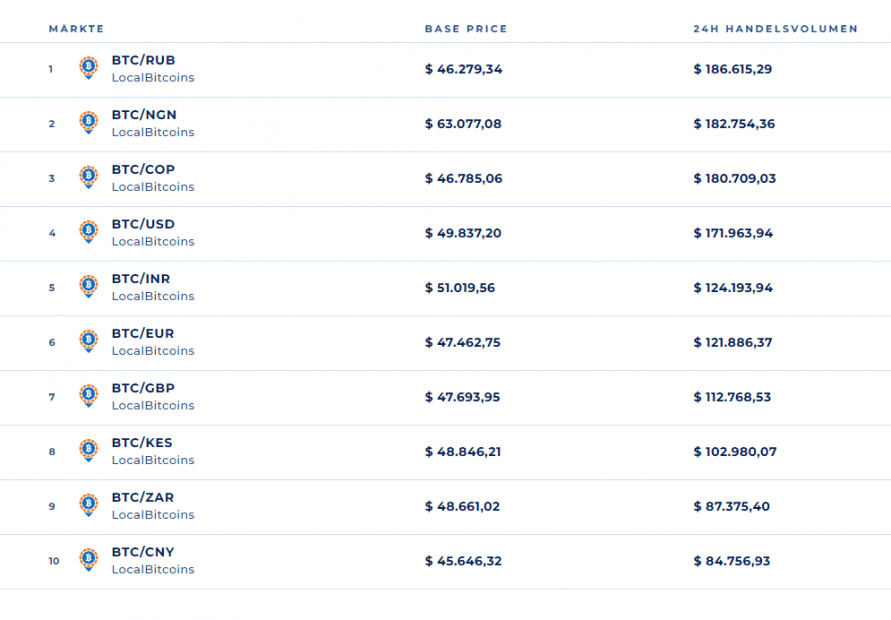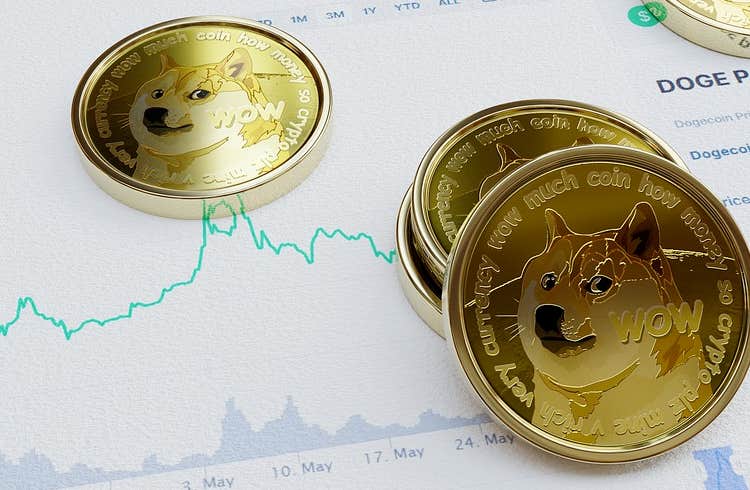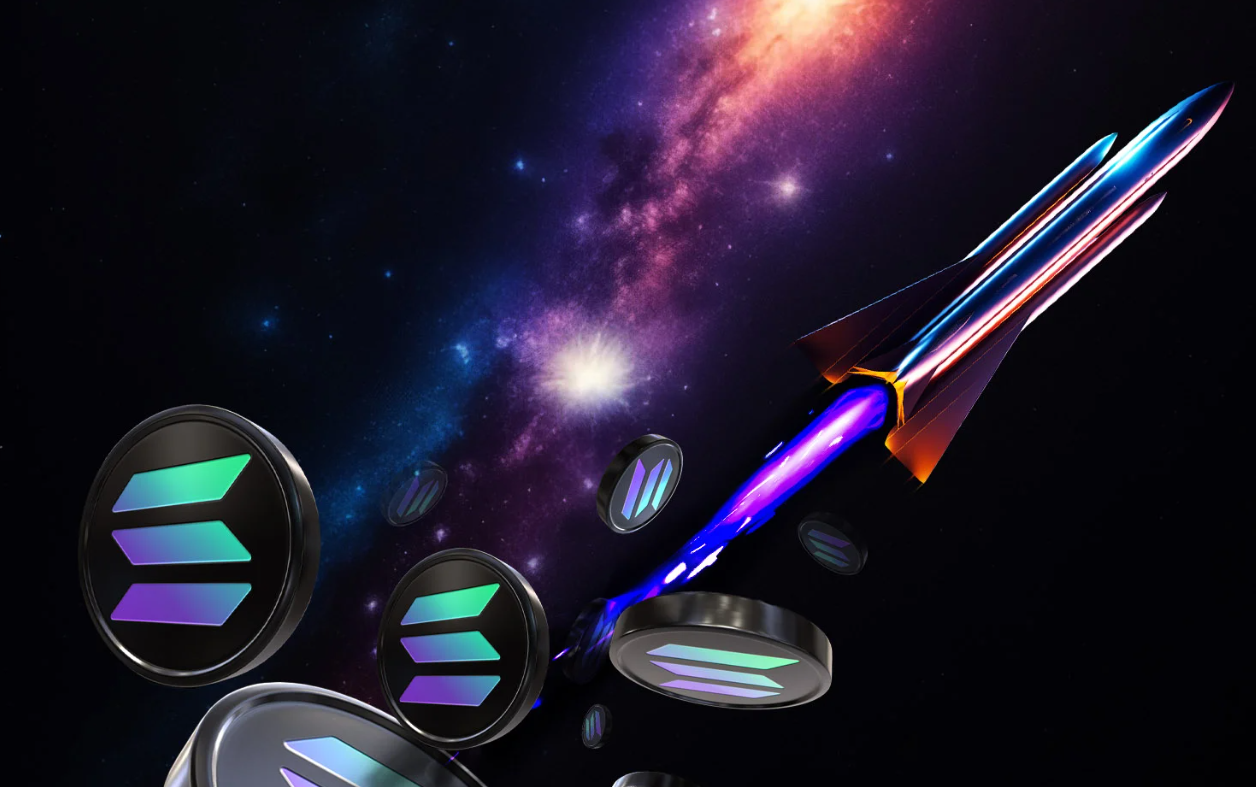Table of Contents
As a peer-to-peer cryptocurrency, BTC is a symbol of financial inclusion. Satoshi Nakamoto has explicitly designed the crypto currency so that it can be used without an intermediary. To get started, all you need is wallet software, which you either have to install on your smartphone or computer.
Why buy BTC without KYC
Because if you don’t get BTC as a free airdrop, you have to take a small but important intermediate step: buy BTC. This is not a problem at first. However, regular brokers have quite extensive KYC processes. KYC stands for Know Your Customer and describes the due diligence process that the legislator imposes on financial institutions in order to make criminal offenses such as money laundering, terrorist financing or tax evasion more difficult. There is nothing wrong with that at first. In concrete terms, however, KYC means that customers have to leave a whole range of sensitive information with the company: ID documents, insurance numbers, bank details and personal addresses are part of the standard repertoire.
And that can backfire. Data leaks like that from Binance in August 2019 or Ledger leak about a year later are only the spearhead of a history of data theft in the crypto ecosystem. Information that allows conclusions to be drawn about financial data is particularly worth protecting.
But even if nothing goes wrong, Binance, Kraken and Co. have access to sensitive information that not everyone would like to see in company hands: For example, the exchanges can see to which address purchased coins are sent – and how high the Hodl stack is already. So there are good reasons to think about buying BTC that leaves the data behind as little as possible. And there are ways to do that.
Get paid in BTC
Probably the most obvious way to get BTC without having to use an exchange is to receive the salary in BTC. Because, like fiat money, you can also earn BTC. For many, the incentive to be paid in deflationary money is likely to be greater than having inflationary money on the paycheck.
However, there are some tax pitfalls to be aware of here. Because if you only earn BTC, for better or worse, you will have to change one or the other Satoshi into euros and co. To pay the rent, for example. The proceeds from the sale should then, however, be subject to income tax.
Mine yourself
Untouched Bitcoins are only available fresh from the mine. Each block (currently) 6.25 BTC comes into the network – i.e. about every ten minutes. Contrary to what is often assumed, you don’t have to dig too deep into your wallet for this: If you join a mining pool, the BTC is paid out proportionally, measured by the hashrate that you contribute.
In theory, a single used miner is sufficient for this.
Bisq, the decentralized exchange
The gold standard is likely to be decentralized exchanges like Bisq being. Bisq is more of a network than an exchange. Since the software does not have a centralized intermediary, it can be called a Decentralized Exchange, or DEX for short.
At Bisq there are various ways of getting in contact with other peers and thus entering into deals with other network participants completely independently of centralized order book algorithms. Anyone who chooses to exchange for cash by post, for example, can be sure of their anonymity. BTC trading on Bisq is not entirely risk-free. Despite the mandatory security deposit, it is conceivable that the other party will run away with the money and not release the BTC.
Supported payment methods can be found HERE.
As a rule, however, business on Bisq goes smoothly – and just in case there are arbitators with “referees” who moderate disagreements.
HodlHodl and Localbitcoins
Exchanges work in a similar way to HodlHodl or Localbitcoins.com. It is true that these cannot be called DEX in the strict sense of the word, as they do not process the trades automatically. But similar to Bisq, traders also enter into a peer-to-peer relationship with their counterparty. Localbitcoins in particular has made a name for itself in countries with little financial inclusion, as BTC can also be purchased there for cash. So even people who do not have a bank account can invest in BTC. It is therefore not surprising that around 10 percent of the traffic on Localbitcoins is in Venezuela.

Nigeria is also in high demand: with a trade volume of $ 182 million, Nigeria accounts for the second largest share of trade volume at the time of writing.

If BTC is actually to become money, everyone must have access. This is ensured by decentralized solutions such as Bisq or Localbitcoins. But even in this country there can be legitimate reasons to turn your back on conventional exchanges – for reasons of data protection, for example.
- Bitcoin Whales Cash In Millions Amid Recent Rally - November 20, 2024
- Hidden Pattern on XRP Charts Suggests a 500% Surge – Is It Finally Moon O’Clock? - November 20, 2024
- $PNUT Up 325% In 7 Days, Heading To New Record – Will This New Altcoin Be The Next Hot Deal? - November 19, 2024


![BingX Exchange: A Detailed Guide to Using, Trading, and Maximizing Features in [current_date format=Y] 9 BingX Exchange: A Detailed Guide to Using, Trading, and Maximizing Features](https://cryptheory.org/wp-content/uploads/2024/11/4-5-350x250.jpg)




















